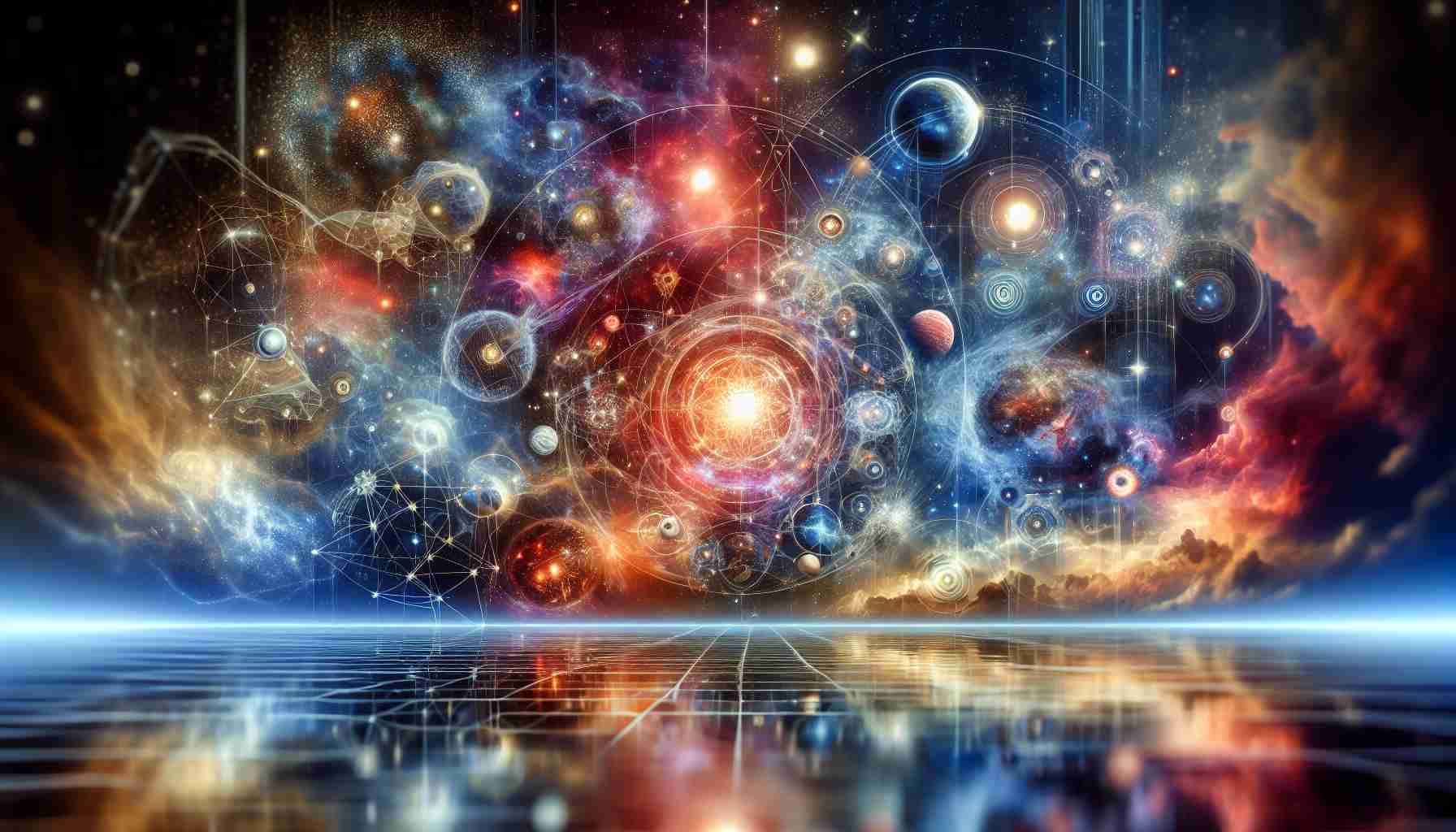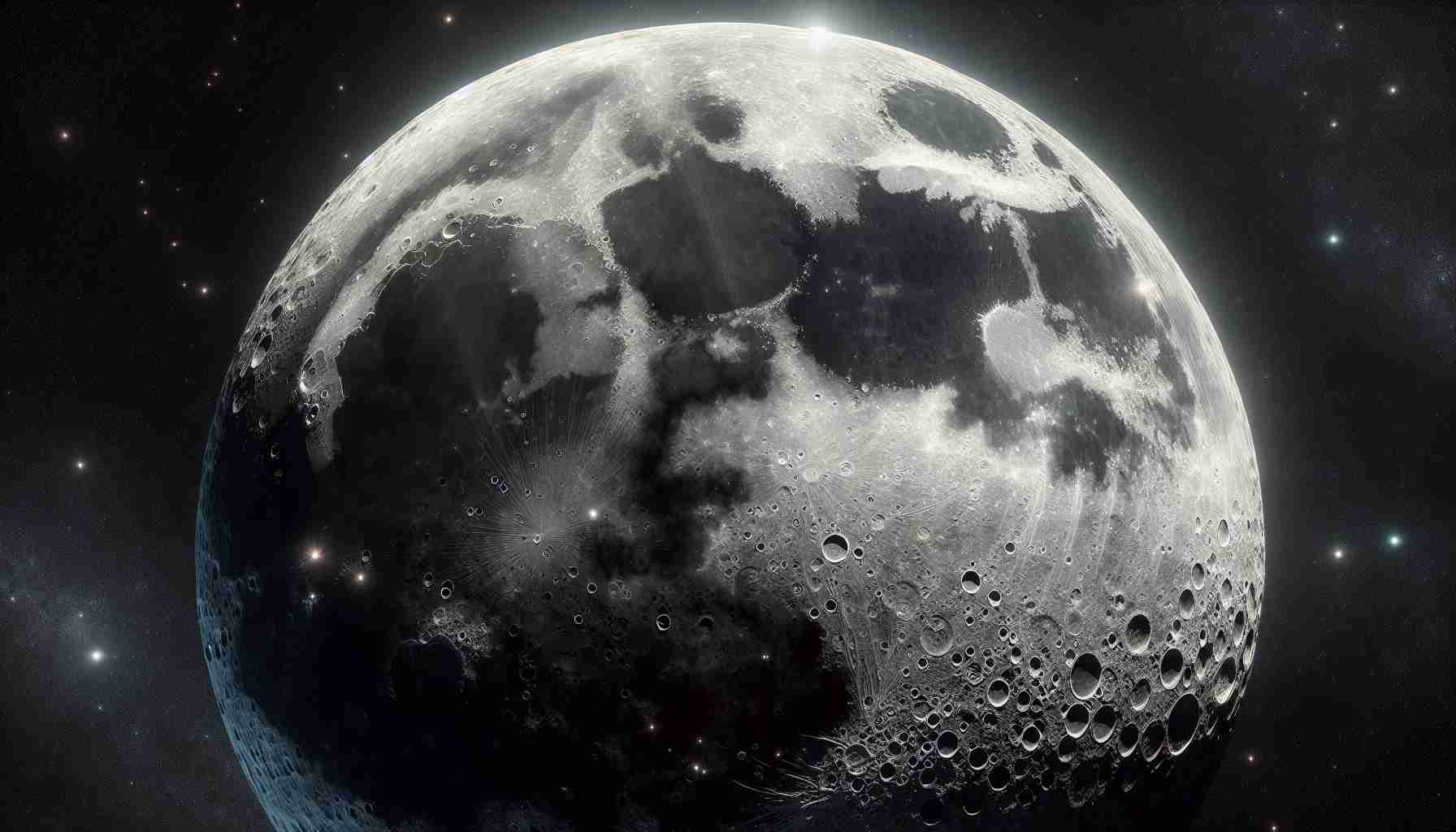Time’s New Canvas. The Emerging Timescape Cosmology!
In the ever-evolving field of cosmology, a revolutionary concept is gaining traction: Timescape Cosmology. Unlike traditional models which rely heavily on homogeneity and isotropy, Timescape cosmology offers a fresh perspective on the universe’s complex structure by emphasizing the impact of local gravitational effects on the perception of cosmic time.
Central to this theory is the idea that time itself flows at different rates depending on local gravitational environments. This challenges the long-standing assumption that the universe appears the same from every point, suggesting instead that our perception of cosmic expansion might be skewed by local gravitational anomalies. This resonates with Einstein’s relativity, yet pushes its boundaries into a new understanding of how we perceive cosmic phenomena like dark energy.
One of the intriguing implications of Timescape Cosmology is its potential to explain the mysterious acceleration of the universe’s expansion without invoking exotic forms of energy. If local time variations are significant, the need for concepts like dark energy might be reduced or even eliminated, offering a coherent explanation that aligns with observed cosmic behaviors.
As technology advances, new tools in astrophysics and cosmology could help validate this theory. Instruments with unprecedented precision might measure the subtle effects of time dilation across different gravitational contexts. Should these studies bear fruit, Timescape Cosmology could redefine our understanding of the cosmos, painting a picture of a universe more intricate and dynamic than previously imagined.
Unlocking the Secrets of the Universe: The Rise of Timescape Cosmology
In recent years, the field of cosmology has witnessed a shift with the emergence of Timescape Cosmology, a theory that is reshaping our understanding of the universe. Departing from traditional notions of homogeneity and isotropy, Timescape Cosmology introduces a novel approach by highlighting local gravitational effects on the perception of cosmic time, leading to groundbreaking insights.
### Innovations in Timescape Cosmology
One of the most enticing features of Timescape Cosmology is its departure from the reliance on exotic dark energy to explain the universe’s accelerating expansion. By considering the implications of local time variations caused by gravitational differences, this theory presents an opportunity to view cosmic acceleration through a new lens, potentially eliminating the need for dark energy as an explanation.
### The Role of Advanced Tools and Technology
The advancement of technology in astrophysics and cosmology plays a crucial role in testing the predictions made by Timescape Cosmology. State-of-the-art instruments, with unmatched precision, are on the horizon, capable of detecting time dilation effects in diverse gravitational environments. These tools are expected to provide empirical support for the theory’s hypothesis, offering a tangible path to potentially validate this revolutionary model.
### Potential Impacts on Astronomy and Beyond
Should Timescape Cosmology gain empirical backing, the impacts on our comprehension of cosmic phenomena could be profound. It might not only redefine the role of gravitational anomalies in our understanding of time and space but also influence the ways we conduct astrophysical research. This paradigm shift could propel new investigations into the intricacies of the cosmos, rendering the universe as a more intricate and dynamic entity than previously understood.
### Predictions for the Future
Looking ahead, the continued exploration and application of Timescape Cosmology could usher in a new era of universal insights. As we refine our instruments and expand our observational reach, the theory could transform from an innovative concept into a fundamental pillar of cosmological understanding.
For those interested in delving deeper into cosmological theories and advancements, visit the Nasa website for extensive resources and up-to-date research findings in space exploration and astrophysics.















Post Comment